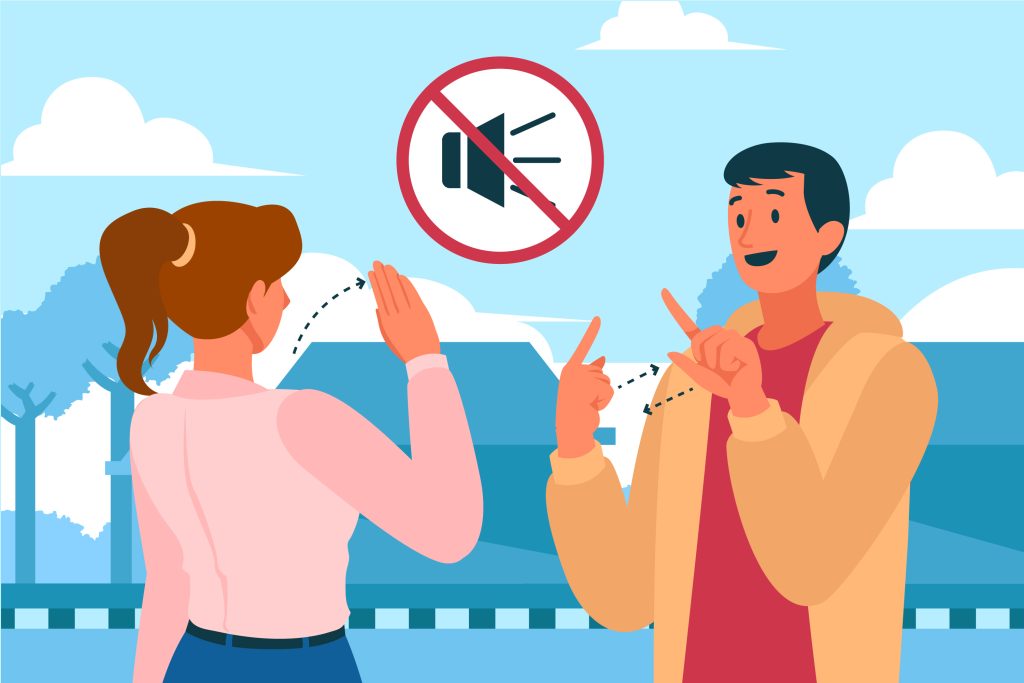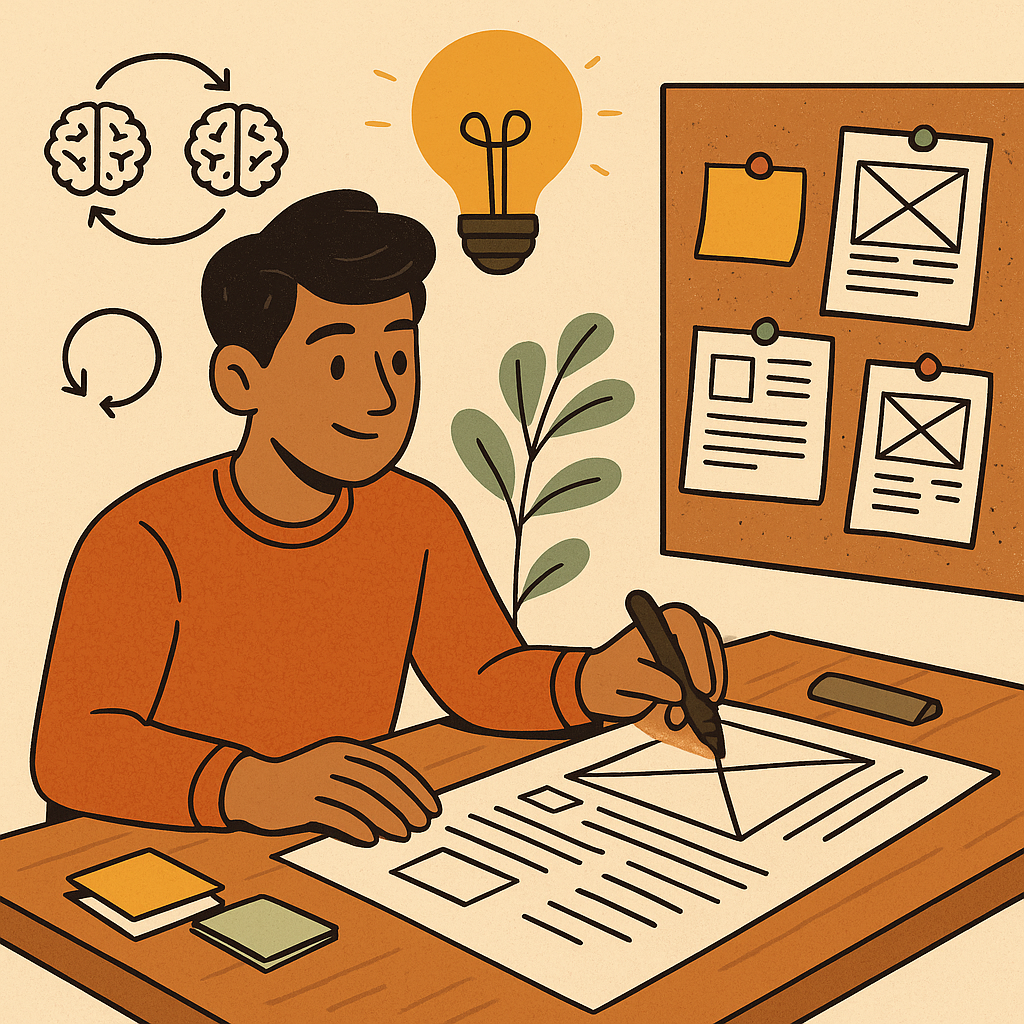In a world flooded by notifications, short-form videos, and billion-dollar attention-capturing platforms, just paying attention has become a rare—and powerful—skill. What was once unconscious focus now requires effort, awareness, and intention. But here’s the crucial insight: just paying attention isn’t nostalgia—it’s a competitive advantage in creativity, mental well‑being, and purposeful living.

1. The Attention Crisis: What the Data Reveals
Attention spans are disappearing at alarming speed
- A 2025 study measuring screen time revealed that the average person’s attention span on a single screen has plummeted to just 47 seconds, down from over 2½ minutes in 2004.
- Another study highlights that Gen Z’s average attention span is merely 8 seconds, further compressed compared to older generations.
- These trends are more than statistics; they reflect a cognitive shift towards continuous partial attention, where we skim rather than deeply engage.
In essence, “just paying attention” isn’t a quaint introspection—it’s a resistance strategy against digital erosion.
2. Why Attention Is Today’s Hidden Currency
The economics of focus
Modern platforms are built on the attention economy—a market where time and focus are commodities. Corporations compete for every millisecond of your awareness, using algorithms designed to exploit dopamine loops and shrink attention windows.
Real-world costs of distraction
- Frequent task-switching lowers productivity, weakens memory retention, and heightens error rates.
- In healthcare and aviation, divided focus has led to real-world mistakes—like prescription errors and near-miss aviation incidents .
- Economically, distracted workers cost companies billions yearly in inefficiency and quality losses.
In short: regaining attention isn’t just personal wellness—it’s a socio-economic imperative.
3. Mindfulness Is the Antidote to Distraction
Latest scientific findings
- A June 2025 longitudinal study involving adolescents showed daily 10-minute mindfulness practice improved executive control within just one week and sustained gains over five weeks.
- Brief mindfulness meditation has been scientifically verified to mitigate attention impairments caused by digital distraction.
Mental fitness movement gains traction
“Mental fitness” is emerging as a wellness trend—akin to physical fitness—but focused on sharpening attention and emotional resilience . Practices like the Pomodoro Technique, limiting screen time, and mindfulness training are becoming mainstream.
4. Trends Reclaiming Attention in Daily Life
4.1 Silent Walking: Digital Detox in Motion
TikTok’s silent walking trend—walking without headphones or phones—has gone viral for its ability to calm the mind, boost creativity, and reconnect with the body.
4.2 Calm Tech: Designing Devices That Respect Focus
The Calm Technology movement, championed by Amber Case, is gaining certification (Calm Tech Certified™). It aims to create tech that “respects users’ attention”.
4.3 VR Mindfulness: Immersive Focus Training
Immersive mindfulness in VR has shown to deepen state mindfulness compared to audio guidance—opening a new frontier in attention training.
4.4 Microlearning: Focus-Optimized L&D
Rather than taxing focus, video microlearning uses short visual bursts (2–10 minutes) to enhance attention and long‑term retention.
5. Just Paying Attention: A Practical Guide
Want to reclaim focus? Here’s your roadmap:
Establish a Baseline
Use screen-time trackers to audit interruptions. Notice your average just paying attention streak during tasks.
Set Intentional “Attention Zones”
- Block calendar time for deep work (e.g., focus on a report, book, or coding task).
- Implement Pomodoro sessions: 25 minutes focus → 5-minute break.
Try Silent Walking
Leave your phone behind. Go for a 10-minute walk in silence. Observe your environment—sounds, smells, thoughts.
Incorporate Micro-Mindfulness
Integrate minute-long sensory checks: noticing breath or sounds mid-day to refocus.
Control Digital Intrusions
- Turn off non-essential notifications.
- Use “Do Not Disturb” during focus hours.
- Leverage apps that silence your phone with a timer.
Design a Calm Tech Lifestyle
- Support companies that embrace calm tech design.
- Use minimalist interfaces—eReaders, focused writing tools, simple home screens.
Leverage VR for Deep Immersion
For intense focus blocks, try VR mindfulness apps to reduce external distractions.
Track Progress
Journal attention improvements weekly. Record deeper work achievements and lower distraction rates.
6. Why Just Paying Attention Matters
- Personal efficacy: Focused attention enhances problem-solving, creativity, and emotional regulation.
- Work impact: Fewer errors, quicker completion, enhanced satisfaction.
- Well-being: Lower stress, better mood, more meaningful relationships .
- Cultural ripple: When you model attention, you inspire respectful communication and deeper connection in your network.
Conclusion: Strengthening a Forgotten Habit
In 2025, just paying attention isn’t quaint—it’s essential. As distractions multiply, intentional focus becomes the separator between noise and progress. From mindfulness to silent walking, calm tech to immersive tools, reclaiming attention is not only possible—it’s becoming celebrated.
Commit today. Your brain, career, relationships—and power to shape your life in meaningful ways—depend on it.
References
- Study: average screen attention span is 47 seconds vs 2.5 minutes in 2004 economictimes.indiatimes.com+5apnews.com+5facebook.com+5
- Gen Z attention span ~8 s profiletree.com+1iacet.org+1
- Mindfulness improves executive control over five weeks link.springer.com
- Mindfulness meditation reduces distraction effects myjournalcourier.com+1link.springer.com+1
- Mental fitness boosts cognitive resilience and emotional health myjournalcourier.com
- Silent walking improves focus and calm
- Calm Technology movement and certification en.wikipedia.org
- VR mindfulness enhances immersive focus training
- Microlearning videos boost attention and retention ucf.edu+15iacet.org+15pockitudes.com+15
- Attention economy theory and impacts arxiv.org+10en.wikipedia.org+10researchgate.net+10






